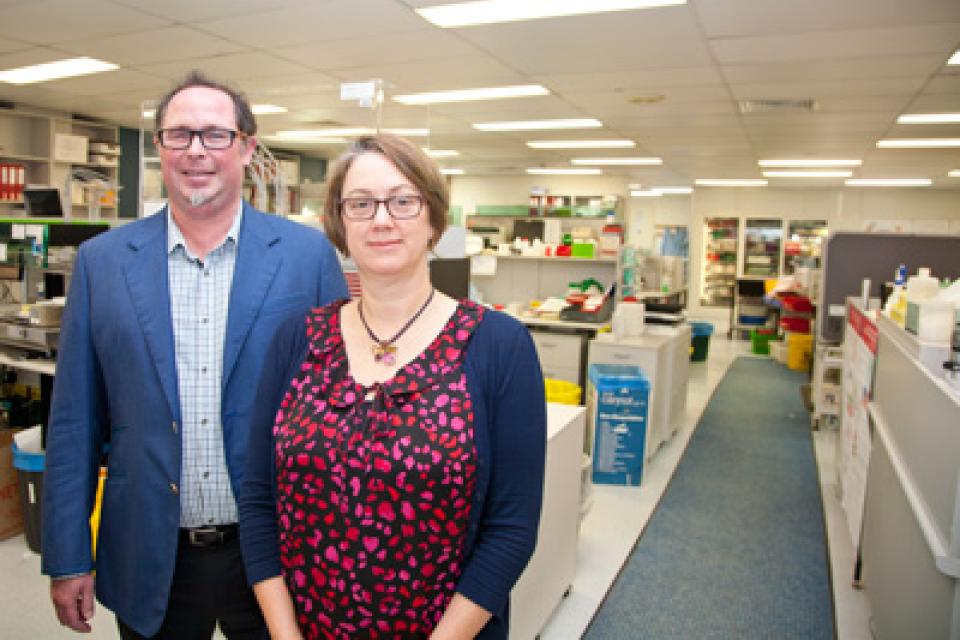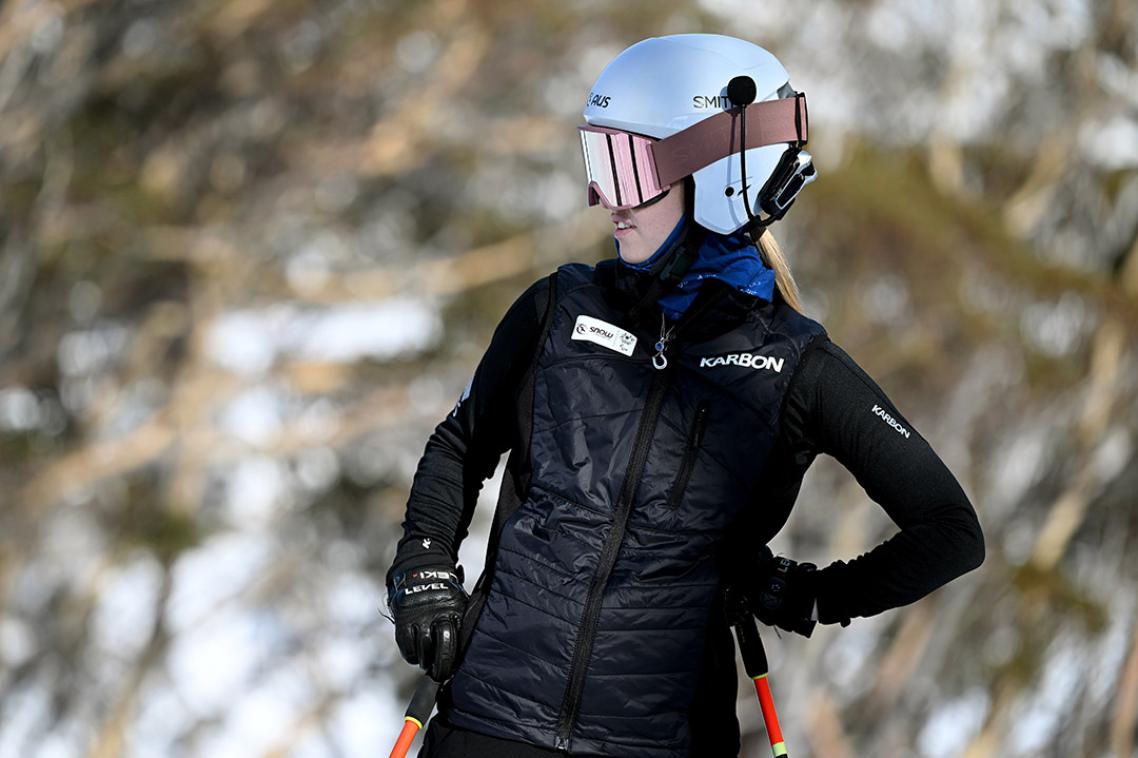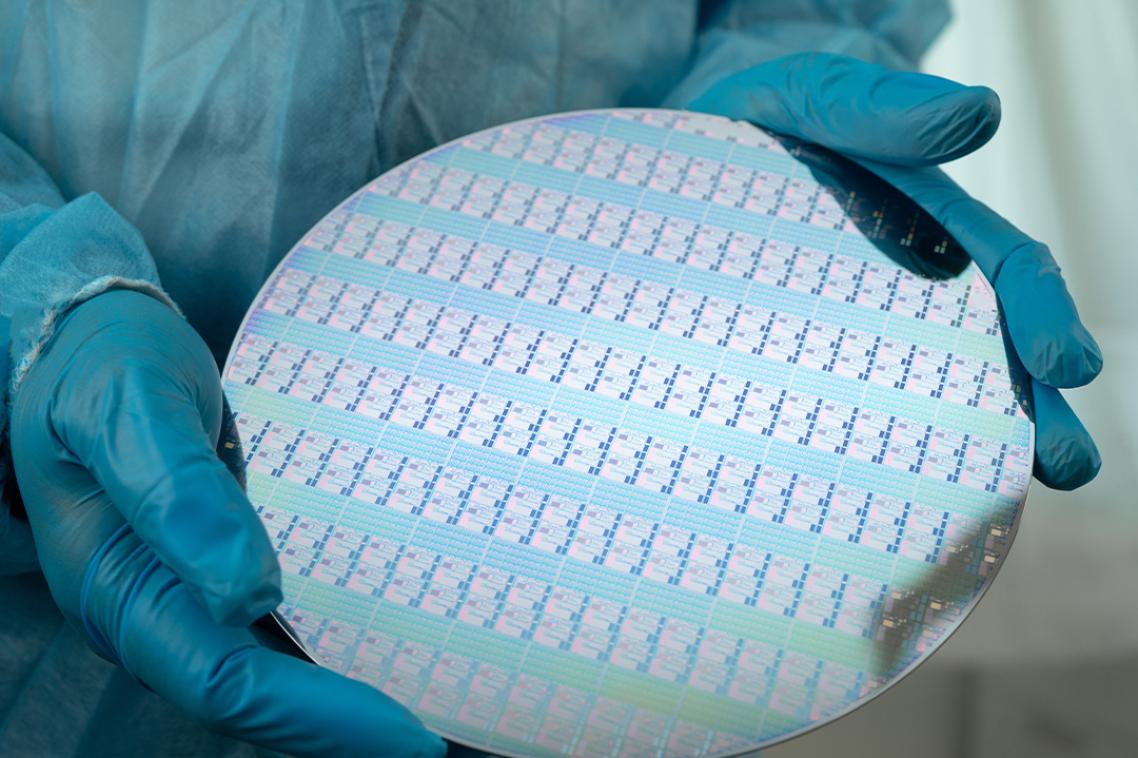New hay fever blood test nothing to sneeze at
Brisbane researchers have developed a blood test that can accurately detect one of the commonest causes of hay fever, paving the way for new treatments.
The research, by The University of Queensland and Sullivan Nicolaides Pathology, promises relief to the tens of thousands of sufferers who endure the annual misery of sneezing, runny noses and itchy eyes when the pollen count climbs.
World-renowned subtropical pollen allergy expert Dr Janet Davies, from UQ’s School of Medicine, said grass pollen allergies were a significant problem across the globe in spring and summer.
“Here in Australia, grass pollen allergy accounts for about two-thirds of all hay fever, with Bahia grass a major culprit, especially in the northern states of Queensland, Western Australia, the Northern Territory and parts of New South Wales,” she said.
Dr Davies’ research team has isolated the allergen responsible in Bahia pollen – the Pas n 1 molecule.

Dr Davies said the only testing previously available was based on an extract of the pollen itself which could contain different amounts of allergens and other proteins in each batch.
“The extract was also affected by the season and the way the pollen was harvested, as well as by transportation and storage,” Dr Davies said.
“Now that we have the specific molecule responsible, we have a highly-accurate and reliable test to determine if someone is susceptible to this allergen.”
“The test is about 97 per cent accurate – which is exceptional for any lab test and makes it a highly valuable diagnostic tool,” Dr Langguth said.
“What is tremendously exciting is that the test not only allows for a more accurate diagnosis but it opens up the way for more successful treatments for people with severe hay fever for whom standard medication and pollen avoidance don’t work and for those whose asthma is affected by allergies.”
Video footage of Dr Janet Davies speaking about hayfever is available here https://vimeo.com/48489530 and here https://vimeo.com/uq/review/48994312/0d8bc54d91.
Media: Brian Mallon, Marketing & Communications Officer, School of Medicine, ph: 07 3365 5254, 040 362 1109, or b.mallon@uq.edu.au.
Related articles

Sunshine state to the slopes - Georgia Gunew’s path to the Winter Paralympics

Superconducting germanium made with industry-compatible methods
Media contact
UQ Communications
communications@uq.edu.au
+61 429 056 139
